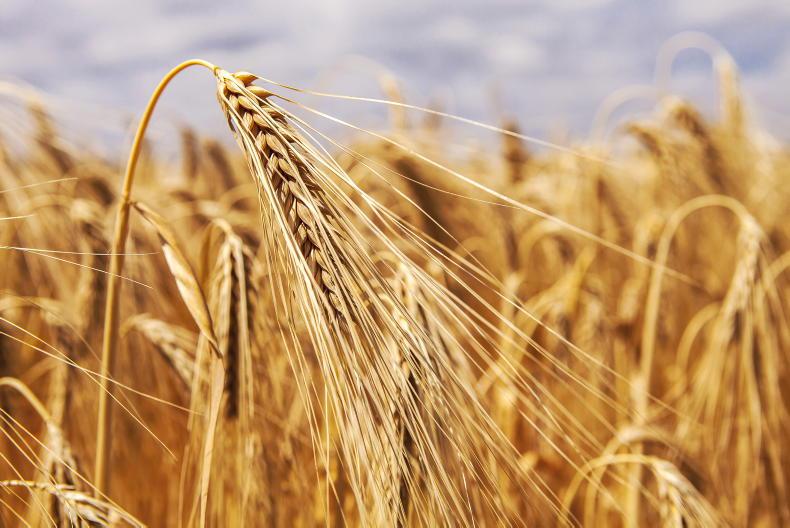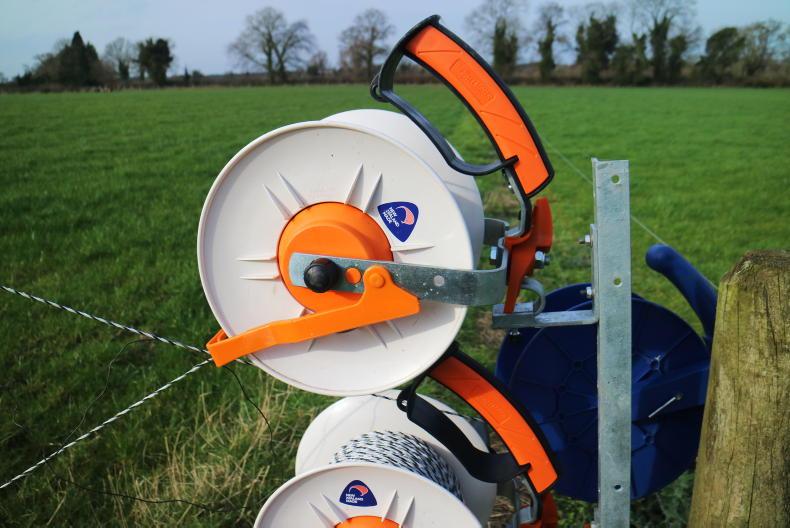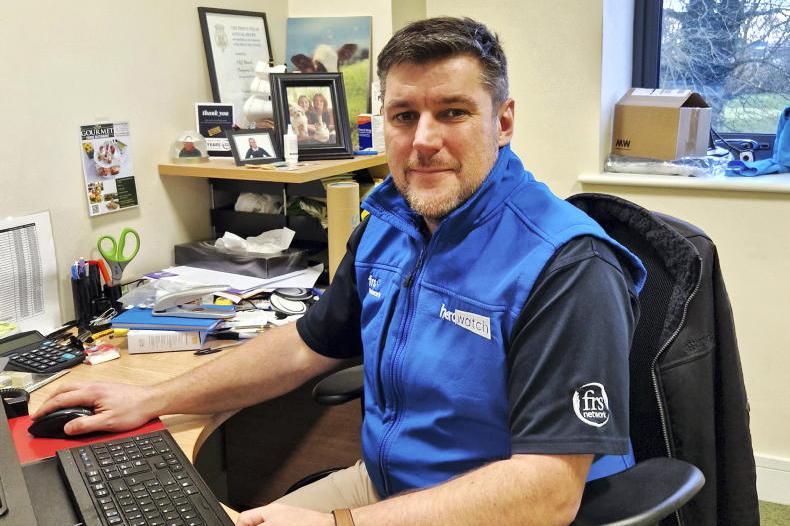Harvest set to begin
The prolonged cool weather through much of the spring and early summer has slowed ripening and delayed the start of the winter barley harvest by around 10 days. It is likely that harvest will begin towards the end of this week, weather permitting, but it is more likely to be next week for many growers.
Most growers will expect a better run of crops this year as weather has been more favourable overall. Some areas suffered from dryness in April while others were hit by the excessive wet in May, but most crops appear to offer good potential. Some areas around the northeast coast have remained dry and it is affecting some horticultural field work.
Rape desiccation
Desiccation of winter oilseed rape crops has also been delayed due to the slower development. Some crops have been sprayed off but many remain to be desiccated. Check seed colour in the pods wherever you can get into your crop.
At each spot, assess the seed colour in 20 pods on the main rachime (the main and tallest branch). When more than two-thirds of the seeds in at least 15 of the pods have turned brown or black, the crop is ready for desiccation. These changes can happen rapidly in hot weather so check it every two to three days. Burning off too early can reduce yield but timing is a compromise in uneven crops.
Use at least 200l/ha of water and medium droplet size with up to 2.0kg/ha of Roundup Powermax or 3-4l/ha of other 360g glyphosate formulations.
Think to stay safe
As we approach Farm Safety Week, we are painfully aware that we see too many farm accidents and deaths so let’s all try a little harder to keep each other safe. That may mean pointing out unacceptable behaviour in others for everyone’s safety. Accidents will always happen, but most could be avoided if we could turn back the clock.
The greatest risks happen around periods of work pressure and long working days. You always need to be able to think for yourself and the others around you, as they may be the ones at greatest risk. This especially applies to children who do not see the same dangers.
Try to give machines the once-over each morning to minimise the risk of late evening breakdowns and the stress that goes with them. Pay attention to your surroundings and know where there are inclines that pose a risk. And make sure all machines are properly lit up.
Take care around electricity wires with combines, loaders and tipping trailers. Be careful when climbing up on to trailers and other implements and even into combines and tractors. The temporary loss of even one operator could slow your operation considerably. Better safe than sorry.
Straw
Regardless of what you are chopping for the SIM scheme, chopping straw on all turning headlands remains good practice. Helping to get this tight soil loosened up by straw incorporation and earthworm activity will quickly add to your overall fields yields.










SHARING OPTIONS